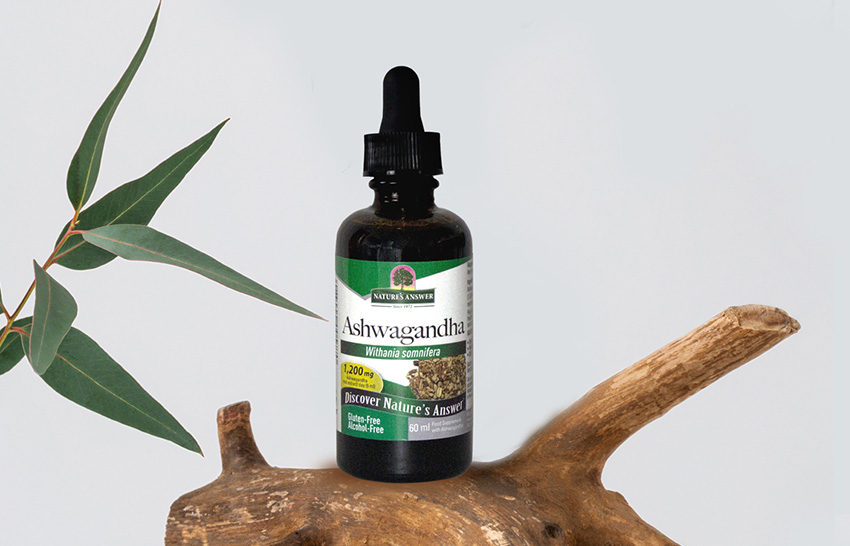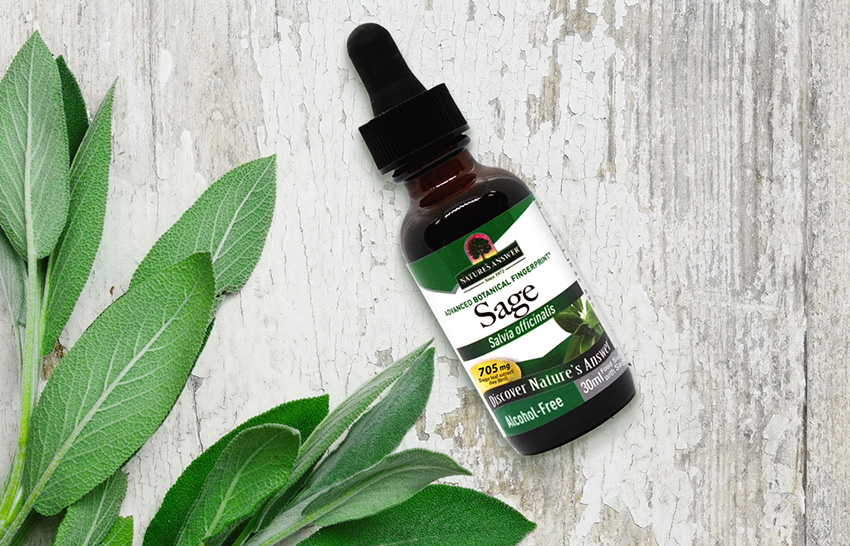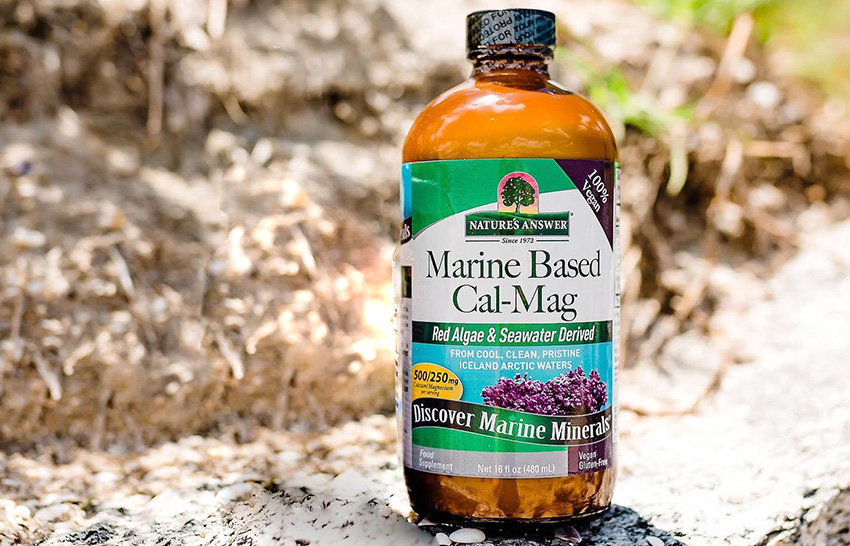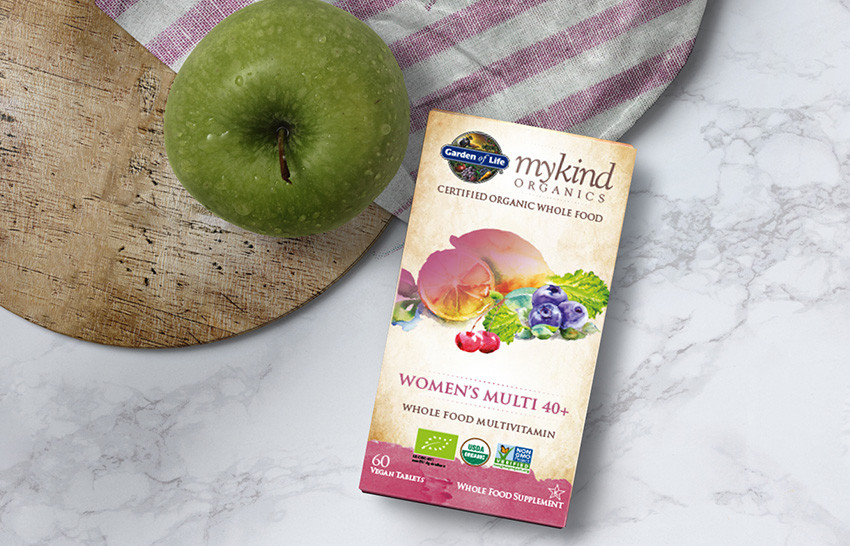By Isabelle Nunn, Head Nutritionist
According to the British Menopause Society, menopausal symptoms affect more than 75% of women. So, whilst not all women going through the menopause will experience menopausal symptoms, the majority will and over 25% describe severe symptoms*. Menopausal symptoms may last for a long time with an average duration of 7 years, and 1 in 3 women experience symptoms beyond the 7 years.’ The most well-known and discussed symptom attributed to the menopause has to be hot flushes.
However, there are many other symptoms that can exhibit including:
- Tiredness
- Low mood
- Brain fog
- Anxiety
- Poor memory and concentration
- Palpitations
- Headaches
- Muscle aches and joint pains
- Acne, dry and itchy skin
- Night sweats and difficulty sleeping
These symptoms are associated with hormone imbalances and the natural decline in oestrogen levels that take place during this natural transition.
What can you do to ease the symptoms and discomfort?
1) Prioritise self-care:
Self-care is vitally important during the menopausal years. Eating a well-balanced nutrient-rich diet can help balance hormones and provide essential vitamins, minerals and macronutrients to resource your body. The need for certain nutrients increases when the body is under mental, emotional or physical stress, especially vitamin C and B vitamins. Supplementing with a high-quality wholefood multivitamin can reduce the risk of dietary shortfalls.
With targeted nutrients for women during peri-menopause and menopause, Garden of Life mykind Organics Women's Multi 40+ has been designed for women seeking an organic wholefood multivitamin to support the demands of a busy lifestyle. Mykind Organics multivitamins are made from nothing but real, whole foods.
To help bring ease to the transition, reduce stress levels to support your adrenal gland’s function. The adrenals are involved in the production of stress hormones and sex hormones, so during menopause it is particularly important to nourish these glands. A healthy lifestyle, that incorporates some of the tips below, may help you feel more resourced:
Ø Adopt mind-body relaxation techniques such as meditation, yoga or enjoy Epsom salt baths
Ø Reconsider commitments and responsibilities that no longer serve you and your wellbeing
Ø Enjoy quality sleep (or check out ‘sleep hygiene’ practices to help you do so)
Ø Keep active with daily walks and regular exercise (especially weight bearing exercise)
Ø Eat plenty of vitamin C rich foods to help prevent tiredness and fatigue.
Ø Build social support and resources. Talk to friends or family - seek professional support if needed

If you are feeling under the weather, your resilience to stress may be affected. Consider herbs that have been traditionally revered for their stress-protective and balancing properties such as Ashwagandha, Rhodiola Rosea and Reishi, in addition to your self-care regime.

2) What about hot flushes and night sweats?
Sage (Salvia officinalis) has a long history of traditional use in helping to alleviate menopausal symptoms including sweating and hot flushes. The effectiveness of sage has been backed up by clinical research in recent years. (1)
Nature’s Answer Sage (Salvia officinalis) is a concentrated, holistically balanced herbal extract in an alcohol-free liquid format for fast and efficient absorption.
The mild oestrogenic effect of foods rich in plant phyto-oestrogens may help reduce menopausal symptoms. These foods include minimally processed soya products such as tofu and tempeh, linseeds (flaxseeds) and chickpeas. Herbs that are especially rich in natural phyto-oestrogen isoflavones include alfalfa and Red Clover.
3) What are the key nutrients that help support the symptoms of menopause and beyond?
The significant drop in oestrogen levels during the menopausal years increases the risk of bone loss and post-menopausal osteoporosis. Support your bone health with correct nutrition by including foods rich in calcium and magnesium, such as dairy products, tinned sardines, nuts and green vegetables. If you have dietary restrictions or suspect you are not getting adequate quantities in your diet, a food supplement can help boost your daily intake.

Supplements we recommend
Nature’s Answer Marine Based Cal/Mag is a highly absorbable calcium and magnesium supplement derived from red algae and seawater. Each serving also supplies a unique matrix of 72 trace minerals that work synergistically together to give a powerful boost to calcium and magnesium's bioactivity.
Vitamin D assists calcium absorption and Vitamin K2 is a co-factor in calcium utilisation, helping to ensure calcium is deposited in bones. Vitamin D is obtained from exposure to sunlight between April and September in the UK. Unfortunately, it is near impossible to get enough vitamin D from food alone during the Autumn and Winter months, supplementing can bridge the nutrition gap.
Nature’s Answer Vitamin D3 & K2 provides biologically active Vitamin D3 and Vitamin K2 as liquid drops. These two nutrients work in synergy to support bone health.
*The claims are based on clinical research, are not aimed to diagnose, treat, cure or prevent any disease. Food supplements should be used within the framework of a healthy lifestyle and not used as substitutes of a varied and balanced diet.
REFERENCES
· The British Menopausal society https://thebms.org.uk/
· References: https://pubmed.ncbi.nlm.nih.gov/21630133/













